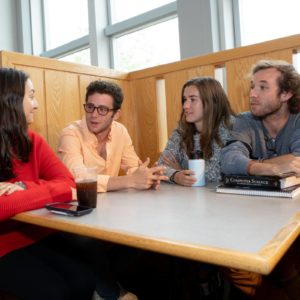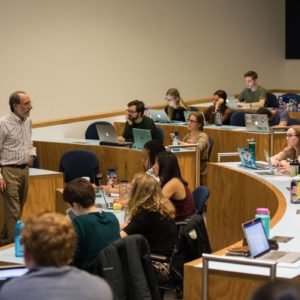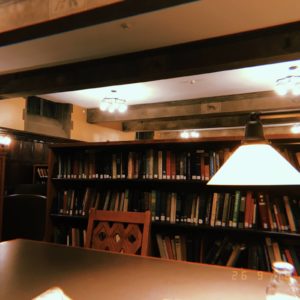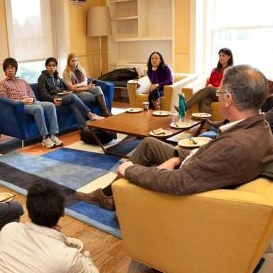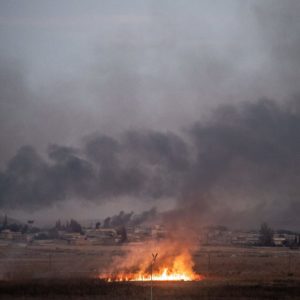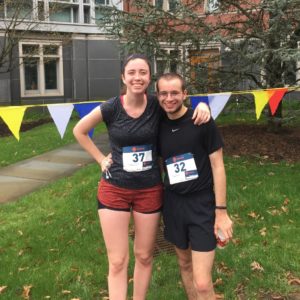It’s officially November here at Princeton: the leaves have changed, midterms are over, and fall break is but a blissful memory. If you’re anything like me, this means that you’ve finally settled into the rhythm of the semester. However, it also means that the question you’ve likely been avoiding since the beginning of the year–what will I do this summer?–is becoming harder and harder to ignore, as deadlines that once seemed distant are now imminent.
As a first-year, I remember that this pressure seemed terrifyingly intense. I was surrounded by sophomores, juniors, and seniors who were anxiously applying to dozens of positions, interviewing, and accepting offers–while I was still busy trying to make friends and adjust to the demands of Princeton’s fast-paced schedule. How could I know what I wanted to do with my summer when I wasn’t even confident in my extracurriculars or my concentration?
If you relate to this sentiment at all, don’t fret. The answer to your woes? Spend a summer doing research! Princeton provides an incredible number of summer research opportunities that span a wide range of fields. If you’re uncertain of your major (like I was!) or don’t know what you want to do with your life, I’d argue that a summer spent doing research can be beneficial for a wide variety of reasons.
Continue reading Summer Anxiety? A Case for Pursuing Research


